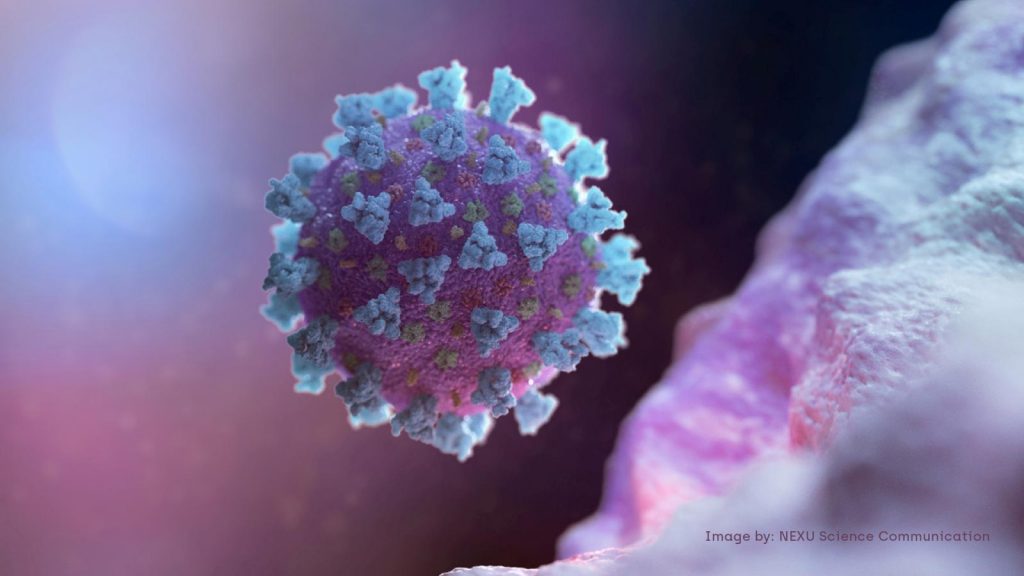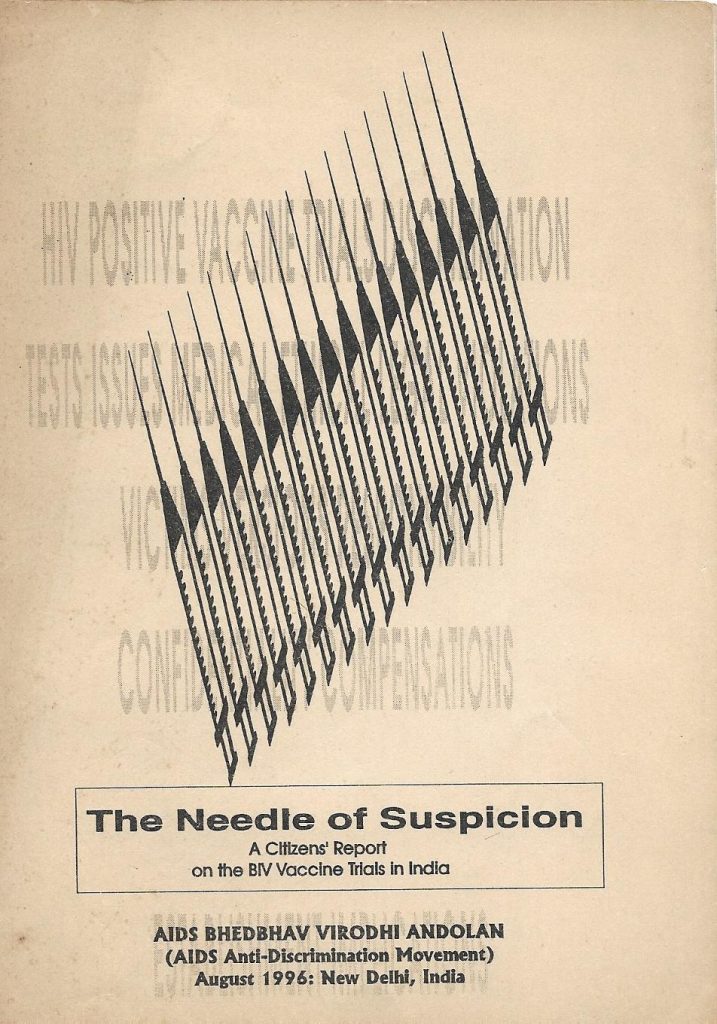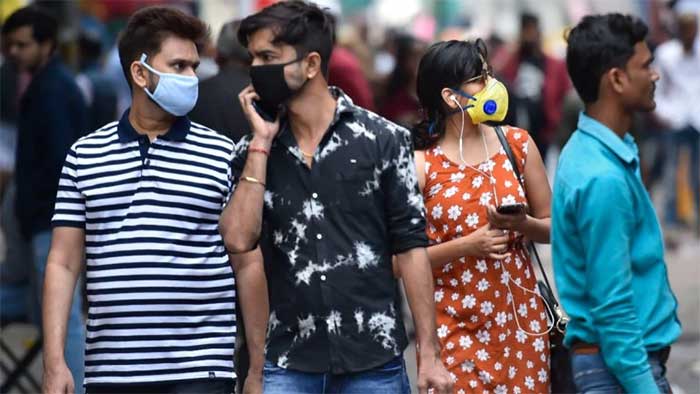Co-Written by Dr. P.S. Sahni & Shobha Aggarwal
As the coronavirus pandemic unfolds globally shrill voices are being raised – even by the well intentioned – to ensure that vaccine against COVID-19 gets to be available as fast as possible. A vaccine even if developed is likely to take a long time.
The World Health Organisation (WHO) has said it could take up to a year before a vaccine for coronavirus is available. Even then how effective the vaccine would be – even if developed – remains to be seen. Several vaccines for SARS – which emerged in 2002-03 are still under testing stage!
We at ABVA recall a similar campaign for vaccine against HIV/AIDS in the 1990s. The panic of the medical establishment in both the situations is similar; but what gets overlooked is that the paradigm of vaccine development involves several phases before the vaccine is marketed. In an attempt to get a vaccine fast the risk is to the lives of patients, because unscrupulous means are resorted to. It is on ethical and scientific basis that illegal trials for a fast vaccine are to be opposed. Patients suffered, disappeared and died by illegal trials for a vaccine against HIV in 1990s in India. Yet till date no vaccine against HIV/AIDS has been developed anywhere in the world even forty years after the AIDS pandemic unfolded!
Given below is a brief account of ABVA’s efforts to investigate, document and protest against the illegal Bovine Immunodeficiency Virus (BIV) Vaccine trials in India.
The Bombay Trial
A secret vaccine trial was conducted in March-April 1994 on HIV infected persons in Mumbai (formerly Bombay) at the Salvation Army AIDS clinic in Bombay Central. The BIV Vaccine was developed in U.S.A by a U.S. based veterinary doctor with its office at New Jersey. The principal actors involved in these trials consisted of an American of French origin, several people of Indian origin and one from Germany and a doctor of the University of Texas posted at Bombay. Another Florida based doctor reviewed the project.
The Calcutta Trial
Similar trials were conducted on four patients in Kolkata (formerly Calcutta) in 1994 in collaboration with doctors from the Wockhardt Medical Centre run by a European multinational drug company. A representative of the sex workers forum in Calcutta informed that to the best of her knowledge the women who underwent the trial were untraceable ostensibly at the behest of those involved in the trial.
In May 1996, one of us namely Shobha Aggarwal along with Mr. D. S. Rawat of People With AIDS, Pune visited Mumbai to get a first-hand account of people who had undertaken the vaccine trial. The findings were documented in a report titled “
The Needle of Suspicion – A Citizens’ Report on the BIV Vaccine Trials In India” published by AIDS Bhedbhav Virodhi Andolan (ABVA, AIDS Anti- Discrimination Movement) in August 1996: New Delhi, India. An eight point Charter of Demands was presented to the Government of India.
Most of the ten persons from Bombay were educated, middle class professionals who had contracted HIV infection; while the four in Calcutta were HIV positive women-in-prostitution. The first dose of the vaccine was administered on March 9, 1994 in Bombay and was followed on April 12, 1994 by a booster dose. The trials were abandoned mid-way presumably due to differences amongst those conducting the trials. On their own, eight of the patients monitored their results through blood tests at Hinduja hospital, Bombay. The condition of three patients went downhill – one died in August 1995 and another got terminally ill. [Three out of five that ABVA was in contact with till late 90s had died.]
Public Protests against these illegal trials
- At the Asia-Pacific AIDS Conference held at Thailand in September 1995 the vaccine trials came under severe criticism: “Had this happened in the United States the persons responsible for such misconduct would have been put in jail,” said Dr. Jose Esparza a top official of the WHO chairing a session, on the ‘Practical issues of vaccine trials in developing countries. He said: “The vaccine had not even been tested on animals and there is no data that would support trial on human beings.” (Indian Express, 21.9.95).
- Around 200 women in prostitution in Calcutta organised a solidarity rally on 27.9.95 and publicly protested at the Wockhardt Medical Centre where doctors had conducted vaccine trials on four of them. The Centre was run by a European Multi National Drug Company. The women demanded arrest of the concerned doctors and compensation for those who suffered at their hands. The courage of these women can be gauged from the fact that they allowed themselves to be photographed by media persons and also gave out their names and place of work-cum-residence! Politically conscious and organised, these women had in late 1994 protested against their forcible HIV-testing at the hands of the police and the medical establishment in Calcutta’s Sonagachi (red-light) area.
- A dharna was organised by ABVA at Jantar Mantar, Connaught Place, New Delhi on 26.9.95 to protest against the illegal trials and a memo was submitted at the office of National AIDS Control Organization (NACO), Ministry of Health and Family Welfare, Govt. of India.
- On the eve of World AIDS Day i.e. on 30.11.95 a protest demonstration was held by ABVA at the office (Nirman Bhawan, New Delhi) of the then Union Health Minister, Sh. A.R. Antulay.
- At the International Conference on ‘AIDS – Law and Humanity’ held in New Delhi from 6-10 December, 1995 the issue of vaccine trial was raised by ABVA during the open session, where the public as well as Indian and foreign delegates were present. Leaflets titled “AIDS Patients used as Guinea Pigs” were distributed. However the only response from the representative of the Indian Government present was that the Drug Controller of India was enquiring into the vaccine trial!!
On 7 June, 1996 ABVA sent a memo to the Commissioner, Food and Drug Administration, Maryland, U.S.A. enquiring:
1)If the FDA approval and clearance for production, trial and marketing of the vaccine in US has been given or if at all sought for?
2) In case the same has not been sought/granted what action has the FDA taken/ proposes to take in the matter?
3) What are the US laws on vaccine being developed in US and tried on patients in other countries?
The FDA did not reply to our queries. So on 25 July, 1996 we wrote a memo to Mr. Bill Clinton, then President of U.S.A. detailing the illegal vaccine trials and bringing to his notice:
- That the results of the unethical Indian trials are being acknowledged by the FDA as phase 1 trials.
- That the results of BIV vaccine trials on 14 US citizens are being acknowledged by the FDA as phase 2 trials.
- That the FDA has allotted the IND number 6617.
However the only reply received was from Mr. F. Gray Handley, Science Attache, Embassy of the United States of America, New Delhi stating:
“The U.S. Government had no involvement in these alleged experiments and has undertaken no formal enquiry.”
Lessons from history of vaccines and epidemics in India
As early as 1992 when WHO had identified India as one of the four countries where mass human trials of AIDS vaccine could be conducted, ABVA had protested outside the WHO office with the support of thirty-seven NGOs. These trials were envisaged in those third world countries which were on the hit list of World Bank/ IMF on account of their being in receipt of massive loans from those organizations. In the past the government has conducted mass trials like the Chingalput trial, where a leprosy vaccine was tried on fifty thousand people and finally the trials had to be withdrawn because of popular pressure focusing on the uselessness of the vaccine. Anti-pregnancy vaccine trials by the ICMR and Government of India were put on a leash after mass protests from women’s groups had highlighted the dangers of such trials on women’s health. So far the Indian Government has not conducted any mass scale vaccine trials on AIDS patients. The BIV vaccine trials in India had utilised an NGO for getting vaccine trials undertaken. NGOs come in handy when the State wishes to get its ‘dirty work’ undertaken.
During pandemics truth and rationality become the first casualty. Without acknowledging till date that there is community spread of Covid-19 by the government, we have been put under a massive lockdown!!! By the time a vaccine for Covid-19 is developed the disease is likely to have taken its course. There is no logic in giving ‘International Ethical Guidelines for Biomedical Research involving Human Subjects’ and local laws governing the same a go by. Let sanity prevail!
[Dr. P.S. Sahni & Shobha Aggarwal are members of ABVA. Email: aidsbhedbhavvirodhiandolan@gmail.com]


